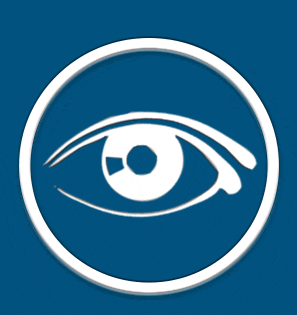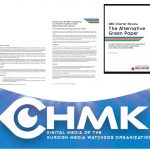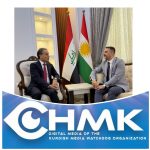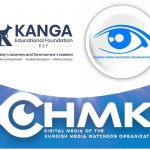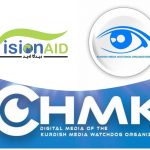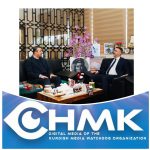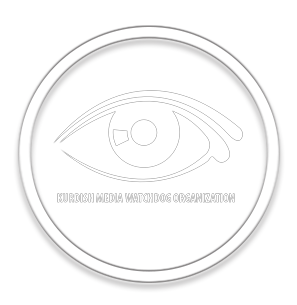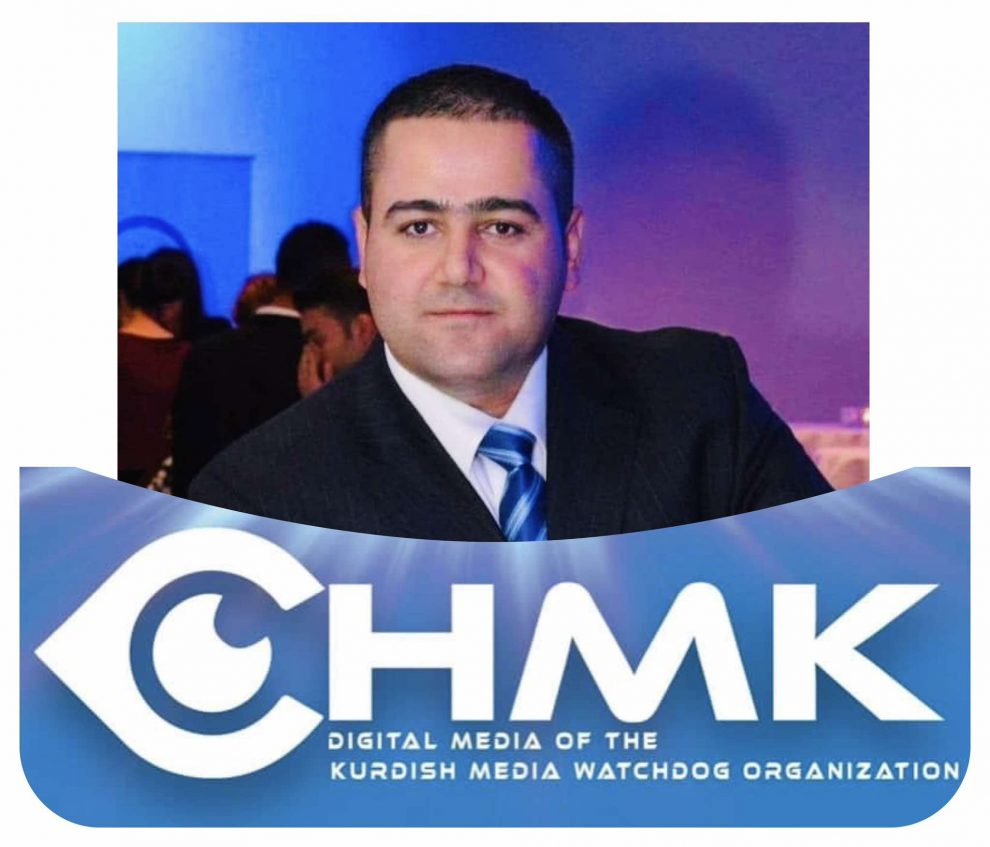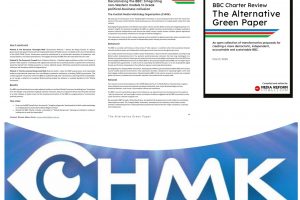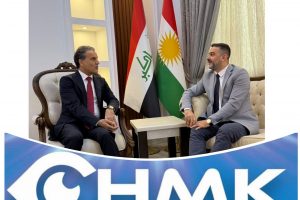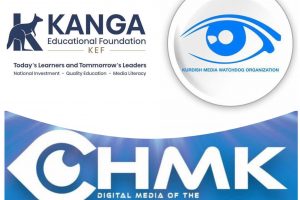Dr. Harem Karem*
The recent sentencing of Dr. Shwan Adam Aivas by the Sulaimani District Court of Appeal has sent shockwaves through Kurdistan’s academic community, igniting a crucial debate on the protection of academic freedom and the undue criminalisation of scholarly activities. Dr. Aivas, an esteemed Assistant Professor at Sulaimani Polytechnic University and a respected figure in media ethics, now finds himself facing a three-month prison sentence, suspended for three years, for including Kurdish media headlines in an exam question. This decision, upheld despite assertions of innocence from higher educational authorities, marks a troubling precedent that warrants immediate scrutiny.
The essence of academia lies in the pursuit of knowledge and the critical examination of societal issues. Scholars and educators must be afforded the liberty to engage in intellectual discourse without fear of punitive measures that stifle academic inquiry. As the renowned quote attributed to Martin Niemöller poignantly reminds us, “First, they came for the Jews and I did not speak out because I was not a Jew. Then they came for the Communists but I did not speak out because I was not a Communist. Then they came for the trade unionists but I did not speak out because I was not a trade unionist. Then they came for me and there was no one left to speak for me.” This chilling reflection on the consequences of silence in the face of injustice resonates profoundly in the context of Dr. Aivas’ case.
As academics and media professionals, we must unite and embrace the diversity that defines us, recognizing that it is our differences that bind us together, not in spite of them, but because of them.
The allegations against Dr. Aivas stem from his conscientious effort to integrate real-world media ethics dilemmas into an exam setting—an act that should be commended for its relevance and educational value. Instead, it has led to his unjust prosecution under vague and contentious legal provisions, casting a shadow over the autonomy of academic expression in Kurdistan.
Dr. Aivas’ case underscores a broader issue of academic freedom under threat. The fundamental role of universities in nurturing critical thinking and advancing knowledge demands that educators be shielded from arbitrary legal actions that hinder their pedagogical practices. The Minister of Higher Education and Scientific Research has unequivocally affirmed that no crime was committed, reinforcing the view that Dr. Aivas’ actions were well within the bounds of academic responsibility.
Moreover, Dr. Aivas’ professional background as a Chairperson of Kurdish Media Watchdog Organisation and editor-in-chief of a prominent magazine underscores his expertise in media ethics—an expertise that should be celebrated and leveraged in educational settings, not penalised.
The sentencing of Dr. Aivas sets a dangerous precedent that could have far-reaching implications for academic discourse across Kurdistan. It sends a chilling message to educators and researchers, potentially deterring them from tackling sensitive issues or incorporating real-world examples into their teaching—a vital component of preparing students for the complexities of contemporary society.
In light of these concerns, it is imperative for Kurdistan’s judicial system to reevaluate its approach to cases involving academic freedom. The judiciary must align its actions with international standards that prioritise the protection of intellectual inquiry and freedom of expression within educational institutions. This includes revisiting legal frameworks to ensure that they do not inadvertently suppress academic creativity or dissent.
As advocates for a robust and progressive educational system, we must rally behind Dr. Aivas and all educators facing similar challenges. His plight is not just a legal matter but a litmus test for the resilience of academic freedom in Kurdistan. We call upon policymakers, civil society organisations, and the international community to join hands in condemning unjust sentences like Dr. Aivas’ and to work towards abolishing laws that undermine the core principles of academic freedom.
The case of Dr. Aivas serves as a stark reminder of the fragility of academic freedom in Kurdistan. It is incumbent upon us all to safeguard this fundamental right and ensure that educators can fulfil their roles without fear of reprisal. Let us heed the lessons of history and stand united in defense of intellectual liberty—for when academic freedom is compromised, the very foundation of democratic society is at risk.
*PhD in Cyberdemocracy and the Director of PASEWAN.ORG for Public Policies
